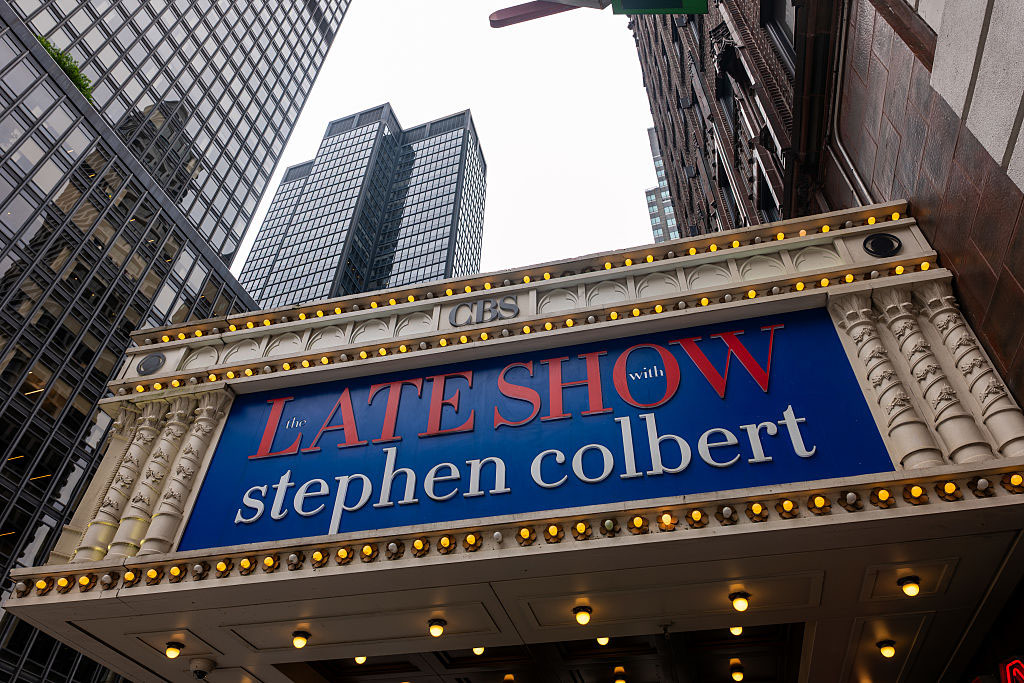The Firing of Stephen Colbert: A Cultural Reflection
The recent firing of comedian Stephen Colbert from his late-night talk show has ignited discussions across media platforms and among his peers. Accusations have surfaced, labeling the decision as politically motivated, particularly at the hands of the new CBS owners. Such claims prompt curiosity and debate, particularly among fans who have watched Colbert evolve into a significant figure in late-night comedy.
A Voice for the Democratic Party
Critics of Colbert argue that he has effectively become a mouthpiece for the Democratic Party and its more vocal anti-Trump faction. When he announced his show’s end, he featured Senator Adam Schiff, a well-known figure in Democratic politics, further amplifying these claims. The overlap between late-night comedy and political commentary isn’t new; it raises questions about the comedic platform’s role in shaping political narratives.
The Shift in Late-Night Comedy
The politicization of late-night comedy has been a gradual process, accelerating since pivotal moments such as Jimmy Fallon’s infamous hair-ruffling incident with Donald Trump in 2016. Once a light-hearted jab at a candidate, it swiftly transformed into a flashpoint. Fallon faced intense backlash from his peers and the media, accused of “normalizing” Trump. This reaction highlighted a chilling effect on comedians, reminding them of the consequences of diverging from an approved political stance.
Fallout and Apologies
Fallon has since expressed remorse over the incident, stating in interviews that he never intended to endorse Trump’s agenda. His insistence on prioritizing comedy over politics underscores a broader dilemma in the industry: can humor exist independently of political correctness? Comparing this dynamic to the days of Johnny Carson, who effortlessly blended humor and satire without overt partisanship, we wonder if today’s comedians can experience similar freedom.
Viewer Discontent
As political alignment increasingly dictated late-night humor, audiences began to drift. Colbert’s tenure reportedly saw losses exceeding $40 million annually, highlighting a disconnect between his comedic material and viewer expectations. Once a staple of late-night entertainment, his show seems to reflect broader trends of discontent within a once diverse comedic landscape.
Journalism in Jeopardy
The overlap of entertainment and journalism also invites scrutiny. CBS employees recently lamented perceived declines in journalistic integrity following a $16 million settlement for improperly editing a “60 Minutes” interview with Vice President Kamala Harris. Editorial choices that skewed content have led to accusations of bias, drawing a clear line between journalistic standards and political influence.
The Fallout of Censorship
For many, the editing of Harris’s interview symbolizes a worrisome trend in journalism: when political bias dictates content, every editorial decision can become suspect. A question arises: would a Republican candidate have been treated with equal scrutiny? Historical context suggests that any hiccups in performance would have been highlighted had it come from another side of the political spectrum.
Navigating Tough Questions
A notable instance occurred when Tony Dokoupil posed challenging questions to author Ta-Nehisi Coates regarding his views on Israel. His inquiries came under fire, thrusting CBS into an internal review that many viewed as an acquiescence to an outraged audience rather than a stand for journalistic integrity. The backlash demonstrates how a network’s culture can stifle honest discourse, raising questions about the true mission of journalism.
The Cultural Hijacking
This broader critique exposes a cultural landscape increasingly dominated by leftist bias, leaving little room for dissenting opinions. Whether in entertainment or journalism, an environment crafted for one ideology risks alienating half the populace. While the elite circles might deny bias exists, the reality is palpable.
A Call for Honest Reckoning
In an age where acknowledgment of political leanings seems taboo, it’s vital for entertainers and journalists to confront their biases openly. Many refuse to admit bias due to its potential repercussions, leading to a continued erosion of trust among audiences. Late-night comedians, burdened by this culture, risk losing both the laughter of their viewers and their financial viability.
In exploring the firing of Colbert, we uncover a multifaceted issue connecting comedy, media, and cultural norms, providing insight into the ongoing transformations in how we engage with political discourse in entertainment.


